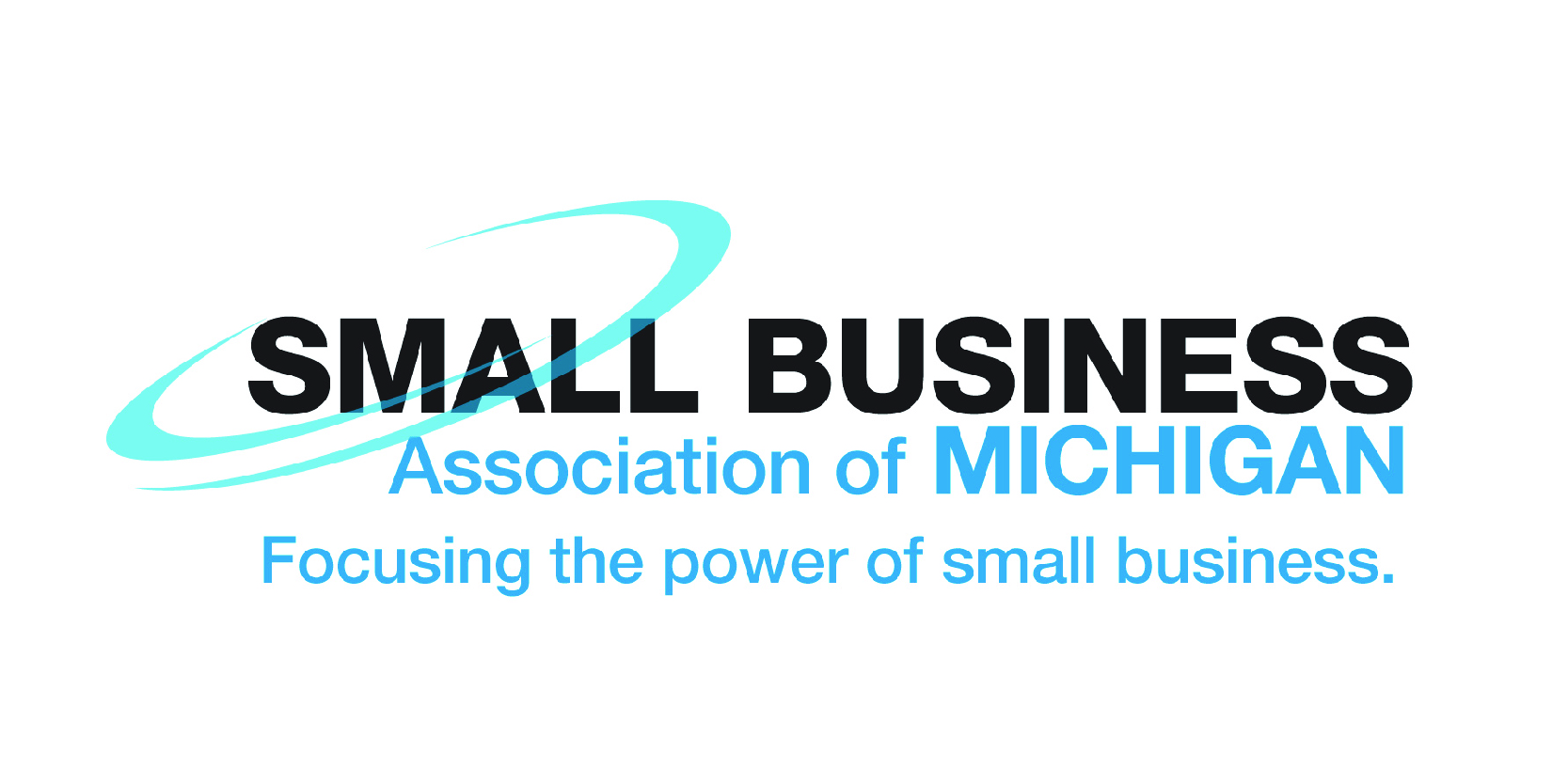
LANSING, Mich.—Today, Lt. Governor Garlin Gilchrist II issued the following statement celebrating passage of a balanced and bipartisan budget for fiscal year 2025.
“Our number one job is to help more people be their best selves, and reach their full potential, right here in Michigan to achieve health and wealth. With strong investments in our students and teachers, business owners, infrastructure, affordable housing, climate resilience, health equity, and more, this budget does just that. It establishes an Innovation Fund to help Michigan dreamers and doers build the future and create thousands of jobs. Governor Whitmer and I are grateful for our legislative partners and we will continue working with anyone to build a state where we all can thrive.”
FY25 Budget
The balanced, bipartisan budget will grow Michigan’s economy, create jobs, invest in public safety, build infrastructure and affordable housing, and put more money back in Michiganders’ pockets. It delivers on the Michigan Guarantee, making record investments in education from preschool to postsecondary so that every Michigander can get the skills they need for a good-paying job. It powers economic development, investing in our roads and bridges, replacing lead pipes, and building clean energy, while continuing to bring home manufacturing projects. It includes key funding to keep Michigan families safe and healthy, including new money to help communities with public safety and connect families to behavioral healthcare.
###
MSHDA Leader Praises Legislature for Including Housing Funding in Budget
LANSING, Mich. –Today, Michigan State Housing Development Authority CEO and Executive Director Amy Hovey issued the following statement after the state Legislature passed its fiscal year 2024-25 budget:
“I am thrilled that MSHDA will have additional resources to tackle the housing crisis, helping ensure Michiganders have stable housing at a price point they can afford. I appreciate the Whitmer Administration and Legislature for continuing to recognize what it takes to address our housing challenges. We want everyone to make it in Michigan, and these new funds will be a lasting investment in our housing future.”
About MSHDA
The Michigan State Housing Development Authority (MSHDA), established in 1966, provides financial and technical assistance through public and private partnerships to create and preserve safe and decent affordable housing, engage in community economic development activities, develop vibrant cities, towns and villages, and address homeless issues.

Special Advocacy Alert
Yesterday and into today's early morning hours, the Legislature passed the FY 2024-2025 budget. This was the final piece of their agenda before breaking for the summer and heading to their respective districts to campaign.
Unfortunately during budget negotiations, many other items are used as leverage, and several pieces of legislation that SBAM has been watching and advocating on are impacted.
House Passes Unemployment Insurance Weekly Benefit Expansion
There is a continued effort in Lansing to increase the unemployment insurance maximum benefit amount and weeks of eligibility. Last week, HB 5827 (Whitsett) was introduced in the House. The bill increases the maximum benefit weeks from 20 to 26 weeks of eligibility. Yesterday, it was put up for a vote and passed on party lines (56 Democrats in favor and 54 Republicans opposed). This bill will now head to the Senate where it must lay over for 5 days due to procedure. Therefore, there is no immediate implementation, but it does set up a challenge for when the legislature eventually returns in the coming months. We expect it would face very little resistance in the Senate if and when they would choose to act on it.
Other discussed changes seek to increase the maximum benefit amount from $362 per week to $602 per week, with an automatic annual increase. Those talks are centralized in the Senate, and while they have not officially been introduced yet, we anticipate their introduction upon the Legislature’s return from break.
These proposed changes would only further exacerbate ongoing workforce shortages in a time when Michigan's workforce participation rate is low and employers struggle to fill essential positions. To be blunt, these kinds of policies do not foster an environment for Michiganders to succeed.
SBAM is also concerned that the Unemployment Insurance Agency (UIA) has not yet successfully addressed systemic fraud issues within the UI system and has not restored the 100% employer-funded UIA trust fund to pre-pandemic levels. Business owners need and expect the UIA to be good stewards of their funds, and efforts to increase amount and duration will make that job impossible. Increasing maximum weeks and benefits is irresponsible given the current state of the fund.
Frankly, the UIA has a Director that is committed to making the UI system more efficient but given the systematic changes and software upgrades required to get there, patience is essential. Passing policies to expand benefits ahead of those imperative milestones only sets up the UIA, the Governor, and Michigan to fail yet again, when it could be moving towards best practices that serve employers and claimants alike in a fairer, fraud-free way.
SBAM will vehemently oppose any benefit amount or duration increase until concerns are resolved, but this summer and into the fall – we are going to need you to tell your legislators how misguided these actions and discussions are.
House and Senate Abandon Harmful Proposals to Private Childcare Providers
In good news, a few weeks back SBAM joined forces with other stakeholders at a press conference to call attention to two proposals that would have harmed private childcare providers. The House originally proposed stripping out a 30% allotment to community-based organizations (CBO) to deliver services through the Great Start Readiness Program, dollars that many private providers rely on to sustain their operations. The dollars were to be allocated only to Intermediate School Districts (ISDs) that would then decide to keep the money themselves or allocate out at their discretion. ISDs are not able to deliver these services alone due to building capacity limits and staff deficits. Many families also prefer to use CBOs. Given the Governor’s intense focus on 'Pre-K for all' and the need for a mixed delivery model to truly achieve every 4-year-old being able to access these services, this proposal did not make sense.
Additionally, the Senate was proposing a pay parity mechanism that would require private providers to pay employees delivering GSRP services the same salary as teachers in their respective prosperity regions. Under this mandate, private providers would struggle to compete with teacher salaries, which are taxpayer funded. This proposal would essentially put private providers out of business because the revenue streams are vastly different.
On their own, each of these proposals would have created chaos in the childcare industry, but together would have the potential to devastate the entire sector, further compounding the stress on the childcare system.
These two proposals were removed from the budget language and the Governor’s proposal of maintaining status quo won the day. We could not be more grateful to our partners and members who worked very hard alongside us to relay how detrimental these policy changes would have been. The SBAM Advocacy team counts this as a major win.
Please stay tuned to www.sbam.org/advocacy for more updates as we head into the summer months on items that may require attention and action. You can also subscribe to the Lansing Watchdog for weekly updates on legislative happenings. Just email us at sbam@sbam.org if you'd like to opt-in.
Tune in to today's Small Business Briefing for a full breakdown on these issues and other budget implications.










.jpg)
%20Cropped.png)





